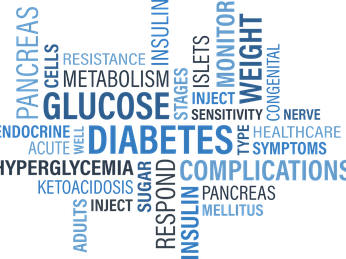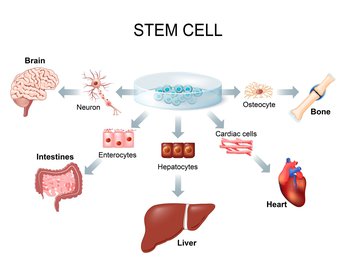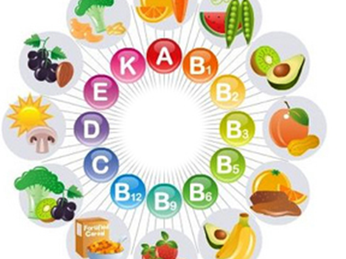Body fatness and cancer
Do you know that, after smoking, unhealthy weight is the high risk factor to cancer ? What happens if you do not maintain a healthy weight?
Body Fatness and Cancer – Underlying Mechanisms
A person becomes overweight when he/she is taking in more calories through diet than he/she is burning through physical activity.
Your body stores the excess energy from drinks and food as fat in adipose tissue. Having excess body fat can have harmful effects, like producing specific hormones and growth factors
that affect the way our cells work.And this can increase the risk of several diseases, including cancer.
The World Cancer Research Fund concluded in its Third Export Report that there is convincing and probable evidence that excess body fatness increases the risk of at least 12 different types of cancer, namely head and neck cancers, oesophageal cancer (adenocarcinoma), stomach cancer (cardia), pancreatic cancer, gallbladder cancer, liver cancer, colorectal cancer, breast cancer (postmenopausal), ovarian cancer, endometrial cancer, prostate cancer (advanced) and kidney cancer.
There are various metabolic, endocrine and inflammatory abnormalities associated with adiposity which may contribute to an increased cancer risk. These potential mechanisms are briefly discussed below. In addition, other factors or processes, such as the intestinal microbiota and angiogenesis, may play a potential role in the association between body fatness and cancer risk, although the exact mechanisms are not fully elucidated.
Sex hormones
Greater body fatness has been associated with elevated sex hormone levels, such as estrogens. Alterations in sex hormone levels may result in further metabolic or endocrine abnormalities and can also impact cellular growth. A relatively high and prolonged exposure to estrogens during the life course may be associated with an increased risk of breast, ovarian and endometrium cancer.
Insulin and growth factors
Adiposity is associated with elevated levels of fasting insulin which may exert further metabolic abnormalities. Insulin resistance and hyperinsulinemia over a period of time can affect levels of growth factors, such as insulin-like growth factor 1 (IGF1). Elevated levels of IGF1 have been implicated in the aetiology of various types of cancer. Both IGF1 and other growth factors may encourage uncontrolled cell growth and as such promote the development of cancer.
Chronic inflammation
Chronic inflammation is commonly associated with greater body fatness and at the same time is considered one of the hallmarks of cancer. It has been suggested that chronic inflammation can promote cancer development and progression through several mechanisms including effects on cell growth, cell survival, angiogenesis, and development of metastasis.
Source: World Cancer research fund (WCRF)









